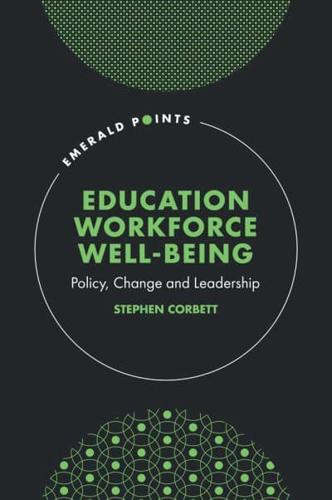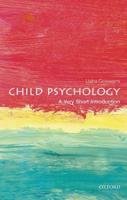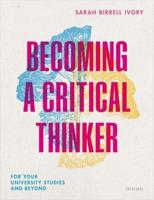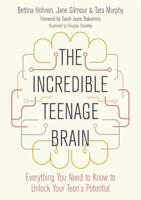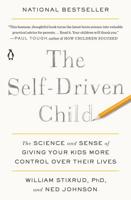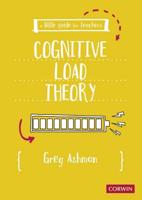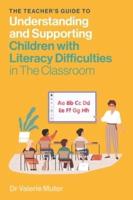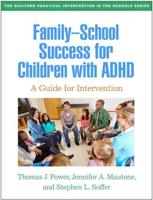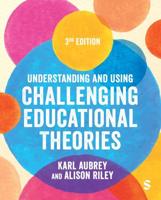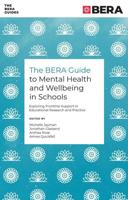Publisher's Synopsis
Education Workforce Well-being brings together the multitude of perspectives on well-being, placing them in the context of the education workforce across all sectors from primary to higher education. Opening with an acknowledgement of the scale of subject area of well-being, four key areas of workforce well-being are then identified: resilience, emotional labour, work life balance, and work life conflict. Each principle is discussed individually and then holistically, considering the collective influence of all four areas on workforce well-being within the education sector.
Drawing upon existing research, policy papers and empirical research examples from across the breadth of education sectors, chapters explore external structural changes in the macro policy environment, and how educational leadership response and policy decisions can impact on workforce well-being. The concluding chapter presents a set of recommendations that could be employed by those leading and working in all education sectors to address poor well-being and enhance staff motivation and retention in the workforce.
Corbett widens the discussion on well-being in the education workforce, drawing not only on education but also human resource management and leadership research and providing a critical analysis that highlights not only the challenges but research-informed recommendations for managers, leaders and policy makers working in education.
